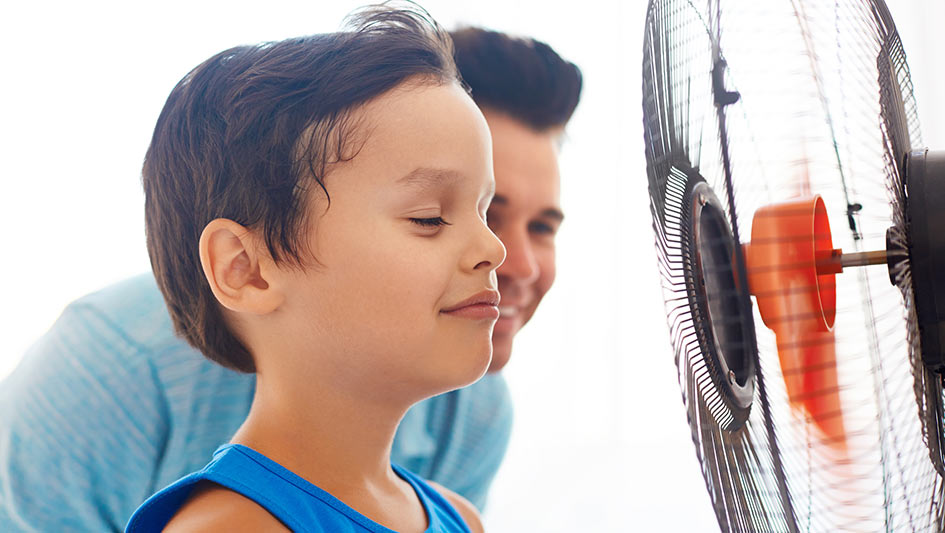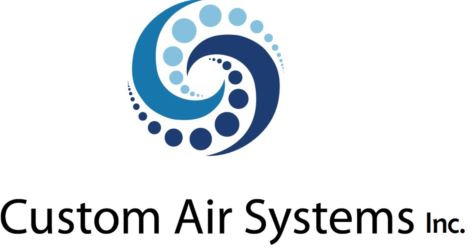
With adequate maintenance, your air conditioner can work for 15 years or longer. But even the best maintained air conditioner will need to be updated down the road.
When you’re starting to plan for air conditioning installation in Port St. Lucie, we realize that cost is number one on your list of questions. The bright side is that getting a new air conditioner could be more economical than you realize, due to rebates, our special offers and financing for qualified customers. You’ll also enjoy improved energy efficiency, which will usually pay off over its life span through cheaper cooling bills.
Here’s what to anticipate when you’re replacing your air conditioner.
When You Should Consider Replacing Your Air Conditioner
Knowing when to repair or replace your air conditioner might be difficult. Here’s what we recommend.
Replace
- Your air conditioner is older than 10 years old. While some may work longer, most air conditioners last for around 15 years with regular maintenance. We advise prepping for air conditioning replacement near the 10-year mark. Even if you install a new one when it’s only a decade old, the U.S. Department of Energy says this swap could save you 20-40% on cooling bills.
- You’ve skipped annual maintenance for too long. Similar to a car, your cooling system needs annual air conditioning maintenance. Not doing this critical service can lead to decreased efficiency, more persistent repairs and even a decreased life span.
- Your air conditioner has to have frequent or expensive repairs. Needing air conditioning repair is often the outcome of overlooking tune-ups But as your air conditioner gets older it’s more likely to experience a major breakdown. When repairs are greater than half the cost of a new air conditioner, we recommend getting a new one.
- Your home feels unpleasant. If your home feels too sticky or you’re dealing with hot and cold spots in specific rooms, your air conditioner could be having a hard time keeping up. This is a sign you should replace it.
- Your energy bills are high. Your air conditioner gets less efficient as it becomes older. As a consequence, it could need to operate more repeatedly or longer to keep your house at your desired temp. Newer air conditioners have the top energy-efficient technology to keep your home comfortable and utility bills low.
- Your air conditioner runs on R-22 refrigerant. If your air conditioner was purchased before 2010, there’s a decent chance it runs on Freon. Also known as R-22, this refrigerant is no longer being made as a result of its damaging effects on the environment. You can keep using your air conditioner, but if it were to develop a refrigerant leak, repairing that would be extraordinarily expensive. This is because R-22 is only available in limited, recycled portions.
Repair
- Your air conditioner is less than 10 years old. If your air conditioner is newer, it’s best to repair it.
- Repairs aren’t needed all the time or reasonable. The smartest way to prevent emergency repairs is to have annual maintenance completed. But when repairs are only needed intermittently or are reasonable, repair your air conditioner.
- Your air conditioner is under warranty. Most air conditioners come with a 5- to 10-year limited warranty that usually covers the compressor. Your exact warranty length is determined by your manufacturer, but it provides valuable protection in the event of a big failure. If your air conditioner is protected by warranty, we recommend fixing it.
Average Air Conditioner Cost
Many homeowners spend around $4,631 on a new air conditioner, per national averages compiled by HomeGuide. Air conditioner cost averages often range from $3,350 to $5,912, but your exact cost {might|could|may] vary.
There are a few details that affect your total cost, like:
- The air conditioner model you select, because more energy-efficient ones are pricier.
- The size your space needs.
- If you need to install new ductwork, which can be needed if your ductwork is aging or inefficient.
We give free estimates at Custom Air Systems Inc so you can be confident you’re getting a fantastic deal. And with our wide range of air conditioners, there’s an energy-efficient model that fits just about any budget.
The Size of the AC System
Air conditioner size is crucial. A system that’s too small will have difficulty keeping your residence cool. And one that’s too large could turn on and off too frequently, or short cycle. This action can increase your utility expenses and wear your air conditioner out prematurely. This may also lead to temperature instabilities and make your residence feel less comfy.
At Custom Air Systems Inc, our technicians have many years of experience in properly sizing and installing the right air conditioner for your home. The size you need depends on how big your home is, along with several other things. Some of the most common sizes include:
- 2 ton, which cools up to 1,000 square feet
- 3 ton, which cools up to 1,600 square feet
- 4 ton, which cools up to 1,900 square feet
- 5 ton, which cools more than 2,000 square feet
Other factors that can affect air conditioner size are:
- The temperatures in Port St. Lucie.
- Ductwork quality and age.
- How many windows your home has and the style, because large or picture windows can be lower efficiency.
- If your home receives more sun or shade.
- Insulation quality and concentration.
- How many people are in your household.
Seasonal Energy Efficiency Ratings
Your air conditioner’s efficiency is linked to its SEER, or Seasonal Energy Efficiency Rating. This ranking measures how efficiently it consumes electricity to create cooling. The greater the number, the more efficient the air conditioner is.
When you’re installing a new air conditioner, it’s essential to realize:
- Older air conditioners are ranked around 8-9 SEER.
- Updated air conditioners start at 13 SEER. Ones installed in the southwest and southeast must be no less than 14 SEER due to U.S. Department of Energy requirements. As of 2017, these SEER rating requirements have saved homeowners trillions of dollars.
- ENERGY STAR®-certified air conditioners begin at 14.5 SEER.
- Higher SEER-rated air conditioners include extra features to help you save more. These features may entail variable-speed cooling. Instead of running at 100% all the time, these air conditioners can adjust blower speeds adjusted for your cooling preferences. This results in quieter and more energy-efficient air conditioning. While an air conditioner with a higher SEER rating is typically higher priced, it might be eligible for more rebates. And the energy savings over its life span might help it pay for itself.
Start Your Air Conditioning Installation with Custom Air Systems Inc Today
When you’re researching air conditioning replacement, the company who hooks it up is just as important as the model you go with. Custom Air Systems Inc is one of the top names for air conditioning installation in Port St. Lucie. From helping you select the right solution for your residence to going over financing options to professional installation, partnering with us is a breeze. Call us at 772-247-2283 to start now!




